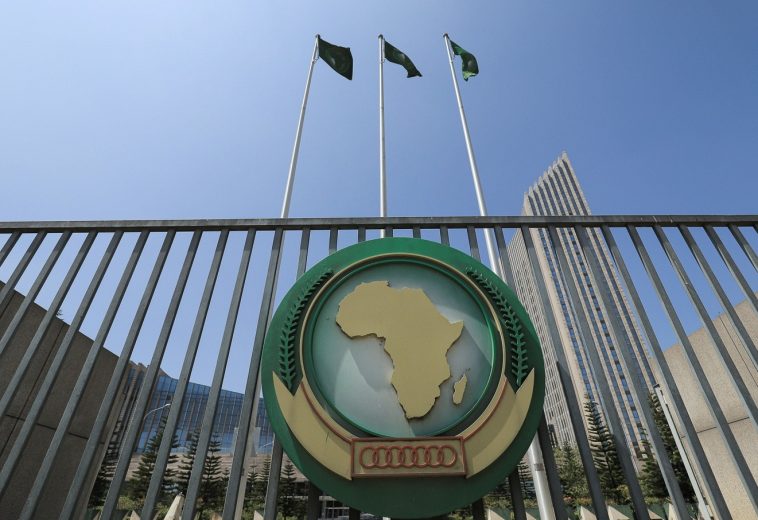Drug trafficking poses a persistent threat to Africa, imperiling the health, security, and economic stability of the continent. The region’s geographical and socio-political vulnerabilities have made it a critical nexus for the illegal drug trade. Delving into the scope of the problem, and examining the far-reaching consequences of drug abuse on public health reveals the concerted efforts being undertaken by African governments to fortify their borders and combat this insidious menace.
According to the United Nations Office on Drugs and Crime (UNODC), over 130 tons of cannabis, 1.3 tons of cocaine, and significant amounts of heroin and methamphetamine flows through the continent annually. The UNODC estimates that approximately 18 million people in Africa are drug users, while the African Union reports that the continent incurs an estimated annual loss of $88 billion due to illicit financial flows, largely attributed to drug trafficking
In Africa, the age group most affected by drug consumption is youth, primarily comprising individuals between 15 and 34 years old. This age range is disproportionately vulnerable to the detrimental effects of drug abuse, which not only compromise their physical and mental health, but also hinder their productivity and overall societal contribution.
An estimated 80,000 lives are lost annually in Africa as a direct result of drug-related causes, including overdoses and health complications arising from drug abuse. Furthermore, approximately 9.6 million individuals in Africa require drug treatment services to address their addiction, highlighting the pressing need for effective intervention and support.
Government Efforts and initiatives
African governments have made significant strides in combating drug trafficking, with authorities intercepting and seizing drugs worth over $2 billion in the past five years. This success can be attributed to their intensified efforts and improved border security measures. In addition, African nations have collectively invested over $1 billion in counter-narcotics initiatives, which have been focused on various key strategies.
These initiatives include the deployment of advanced surveillance technologies such as drones and biometric systems at key border points, as well as the use of enhanced scanning and detection equipment to intercept drugs at ports and airports. The training and equipping of law enforcement agencies have also been crucial in improving their capacity to detect and intercept drug shipments. Furthermore, collaboration with international organizations has facilitated intelligence sharing and the adoption of best practices.
The combined efforts of governments and civil society organizations have led to significant rehabilitation successes, with over 1.5 million people in Africa undergoing rehabilitation and receiving treatment for drug addiction in the past five years. Notably, initiatives such as Nigeria’s harm reduction program, which includes needle exchange and methadone treatment, have shown positive results in reducing the spread of HIV/AIDS among drug users. Similarly, South Africa’s increased border patrols and surveillance have led to a significant decrease in methamphetamine trafficking. As former Nigerian President Olusegun Obasanjo noted, “Drug trafficking and abuse undermine the very fabric of our societies and economies. It is imperative that we strengthen our efforts to combat this scourge.
Africa’s battle against drug trafficking is a complex and multi-layered endeavor, requiring the implementation of robust border security measures, regional cooperation, and significant investments in counter-narcotics initiatives. The collective efforts of governments and civil society organizations are essential in addressing this pervasive issue, which threatens the well-being and prosperity of the continent.


